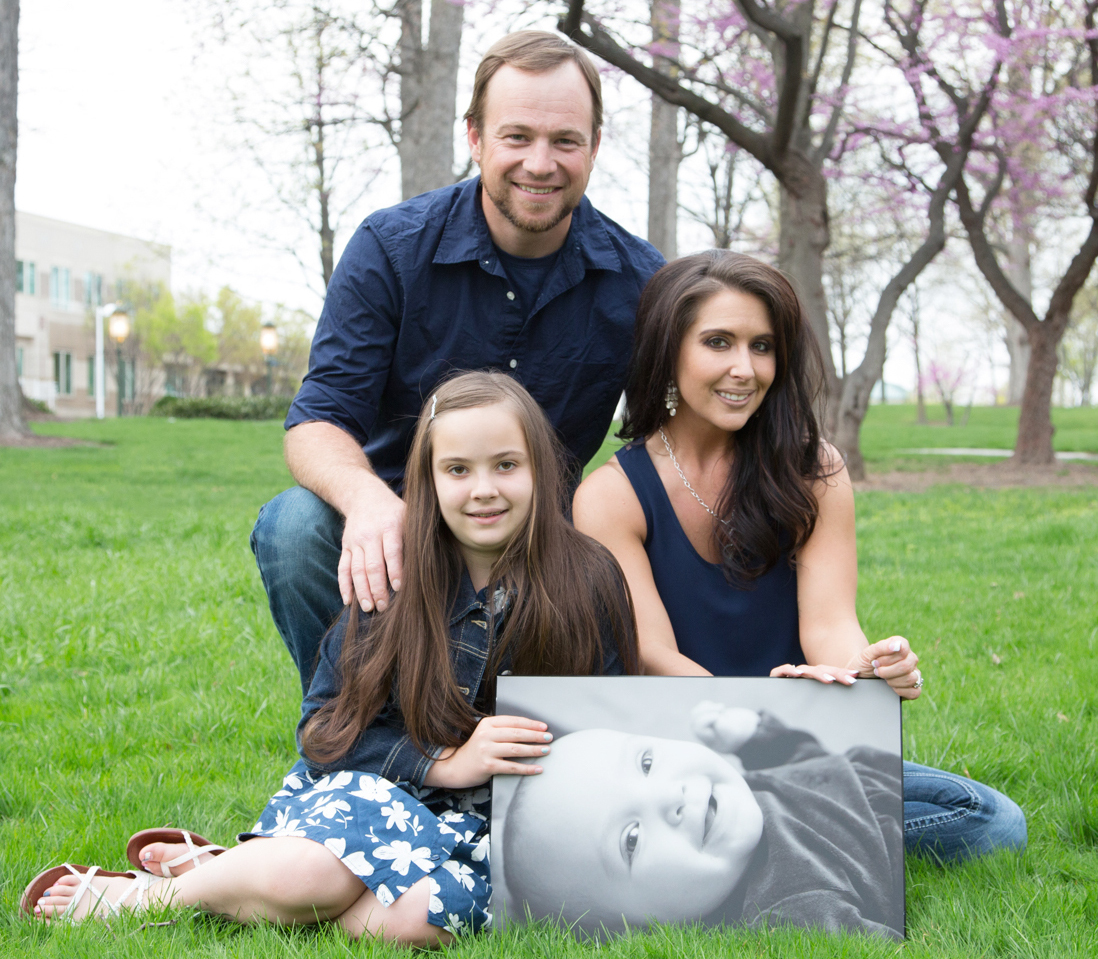Theodore Roosevelt is quoted as saying, “Comparison is the thief of joy”.
There’s a similar phenomenon when it comes to grief. Once you begin to compare your situation with anyone else’s, you end up trying in vain to quantify your experience.
Related
Take a conversation a few years back between my friend and me. The subject: Our daughters, both of whom were terminally ill. My daughter had infantile Tay-Sachs disease, hers had the juvenile form. My Miss Elliott began to show symptoms of regression much sooner hers did. She would never walk or talk. My friend’s daughter, Mallory, already been doing these things before the onset of the regressive disease.
“I can’t believe how it must feel when you hear her call you mommy and tell you she loves you, and know that soon, she won’t be able to any longer,” I told her.
“I can’t believe you’ll never get to hear her say those things at all,” she said to me.
That simple conversation reminded me both of how fortunate and terribly unfortunate we each were in our own ways.
As I watch news stories and scroll my Facebook feed I often run across various pieces recounting the death of a child due to myriad factors: cancers, car accidents, drug use and abuse. I find that I’m quick to conjure up the same paltry sentiment for each: I can’t even imagine. And then I realize that I, too, lost a child to terminal illness. I am plenty of other people’s ‘can’t imagine’.
The general hierarchy of grief seems to put loss of a child at the very top, then spouses, parents, siblings, grandparents, friends and pets. One may have an easier time sympathizing with someone who lost a child to cancer than someone whose elderly father drank himself to death. But really, the hierarchy is our own application. I’ve come to understand that loss, no matter what form or timeframe it may take in one’s life, can be as intensely painful and life-altering as another.

Becky Benson and family hold a picture of the Bensons’ late daughter Miss Elliott.
The problem with comparing grief is that by assigning our personal value system to someone else’s pain, we may undermine the validity of their grief. I often wonder which would be worse; losing a child to a slow and drawn out illness, living every day with the knowledge she will one day be gone too soon, or being stricken by immediate loss with no prior warning? Is it better to have the time to prepare, to grieve preemptively (as much as possible), and plan for a future that doesn’t include that person instead of being blindside by the pain of loss? Or does this merely amount to a prolonged sentence of grief itself?
There are no answers, really. Only the knowledge that suffering comes in many forms.
A version of this piece was originally published on Modern Mom.
Becky A. Benson works for the National Tay-Sachs and Allied Diseases Association, lives in Washington State with her family, and is the author of “Three Short Years: Life Lessons in the Death of my Daughter.”












